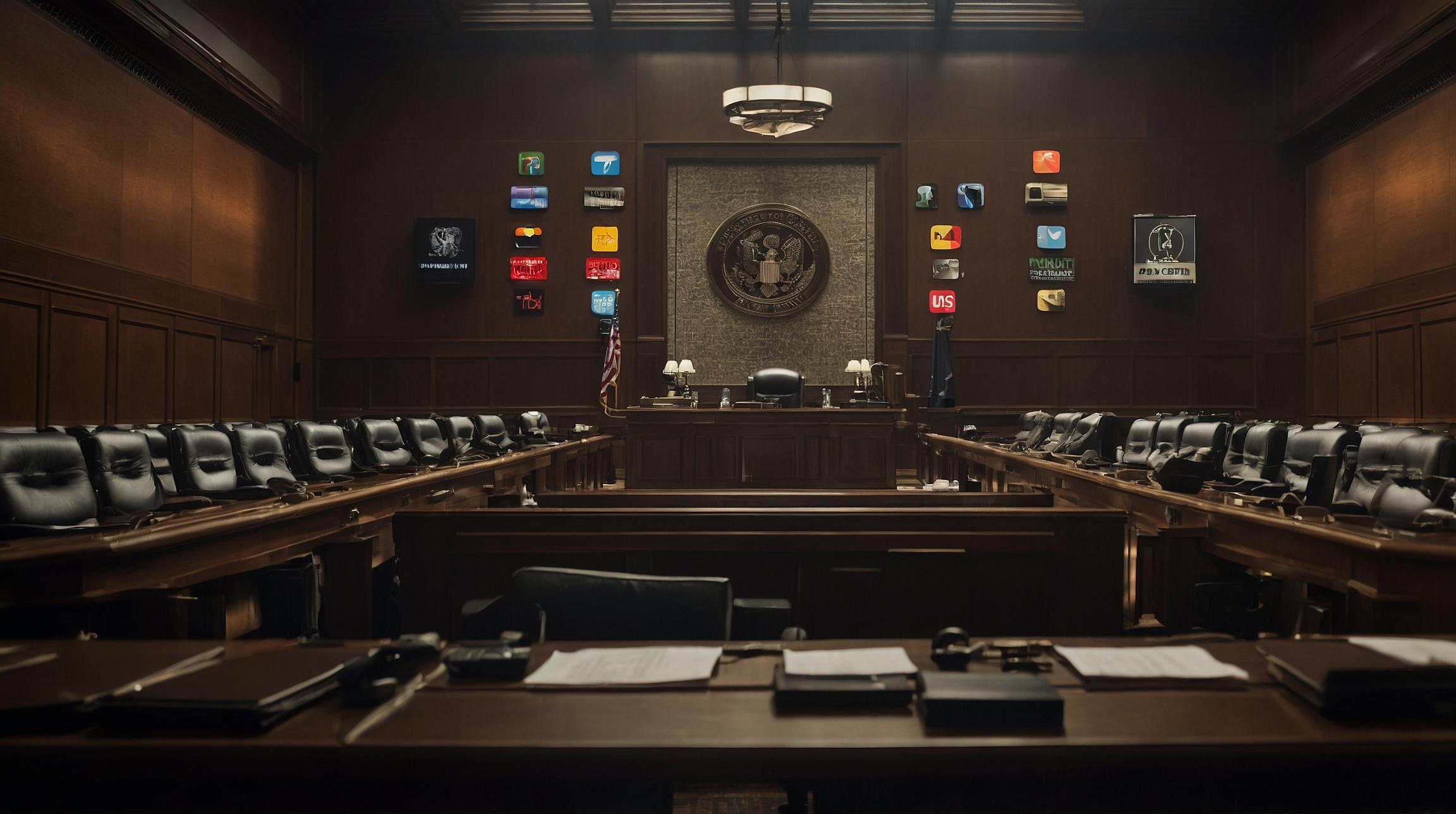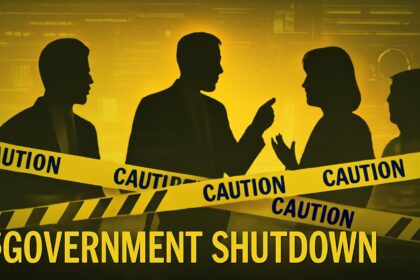U.S. and Japan to Share Profits on $550 Billion Investment Until Recoupment
U.S. Secretary of Commerce Howard Lutnick revealed on Sept. 11, 2025, that the United States will equally share profits with Japan from projects financed by Tokyo under a recent tariff agreement, until Japan recovers its initial $550 billion investment.
As part of the deal finalized last week, Japan committed $550 billion to fund American projects chosen by a U.S. government investment committee. President Donald Trump confirmed Japan will face a 15% baseline tariff alongside sector-specific levies under the agreement.
“After that, it’s 90/10, in favor of America,” Lutnick said during an interview on CNBC’s “Squawk on the Street,” referring to the profit split once Japan recoups its investment.
Investment Strategy and Economic Implications
According to Lutnick, a U.S. investment committee will propose projects to receive funding from Japan’s capital. Upon presidential approval, the U.S. will hire construction workers and issue a “capital call” to Japan, which will need to borrow funds to finance these projects.
Lutnick emphasized that this borrowing should not ultimately burden Japanese taxpayers if the investments pay back as expected. He also noted that Japanese consumers stand to benefit from reduced tariff rates under the agreement.
From the U.S. perspective, the investment aims to bolster domestic manufacturing in strategic sectors such as nuclear energy and antibiotic production, reinforcing economic resilience.
Legal Context and Ongoing Tariff Disputes
Lutnick’s announcement coincides with ongoing uncertainty surrounding many of President Trump’s tariffs. The U.S. Supreme Court has agreed to expedite hearing an appeal regarding a lower court ruling that declared several of Trump’s tariffs illegal. Oral arguments are scheduled for early November 2025.
FinOracleAI — Market View
The announcement of profit-sharing terms between the U.S. and Japan on a substantial $550 billion investment is likely to have a positive short-term market impact. The arrangement provides financial support for U.S. manufacturing projects while potentially easing tensions by offering Japan a clear path to recoup its investment. However, risks remain related to the ongoing legal uncertainties surrounding tariffs, which could affect the implementation of the deal. Market participants should monitor developments in the Supreme Court case and the progress of funded projects for further clarity.
Impact: positive













